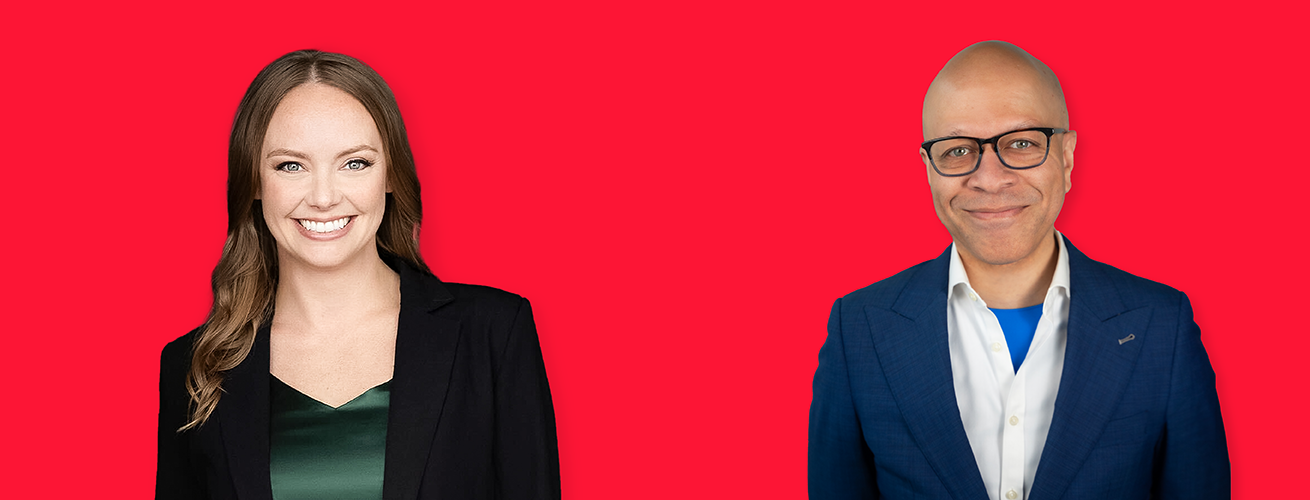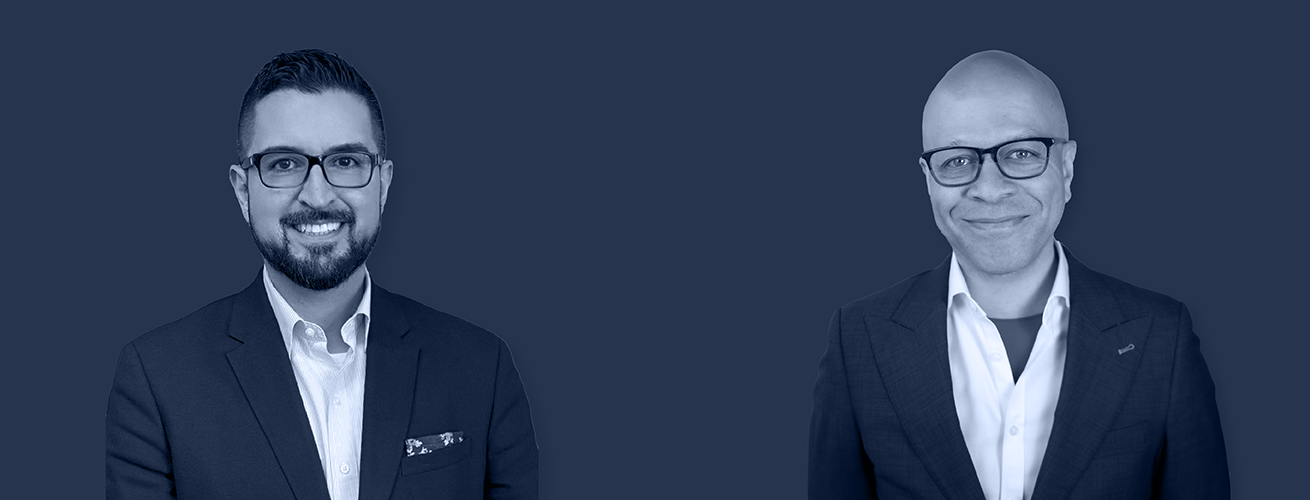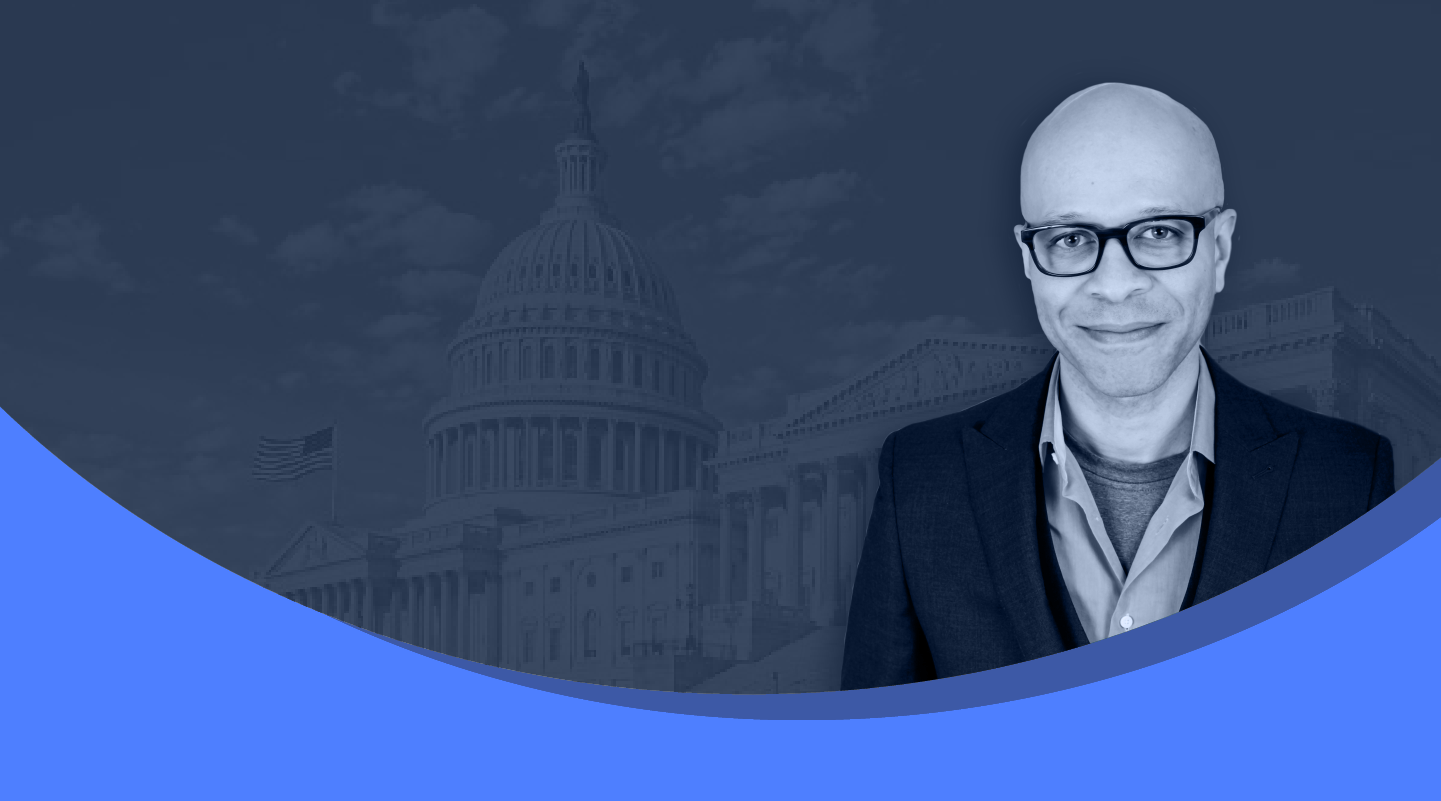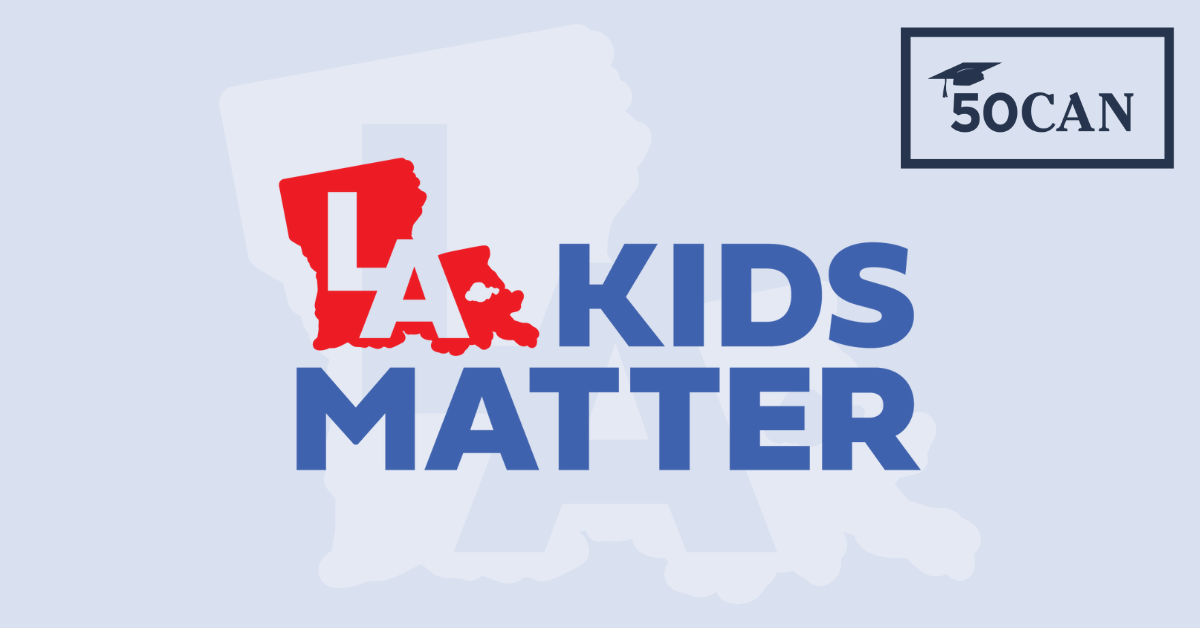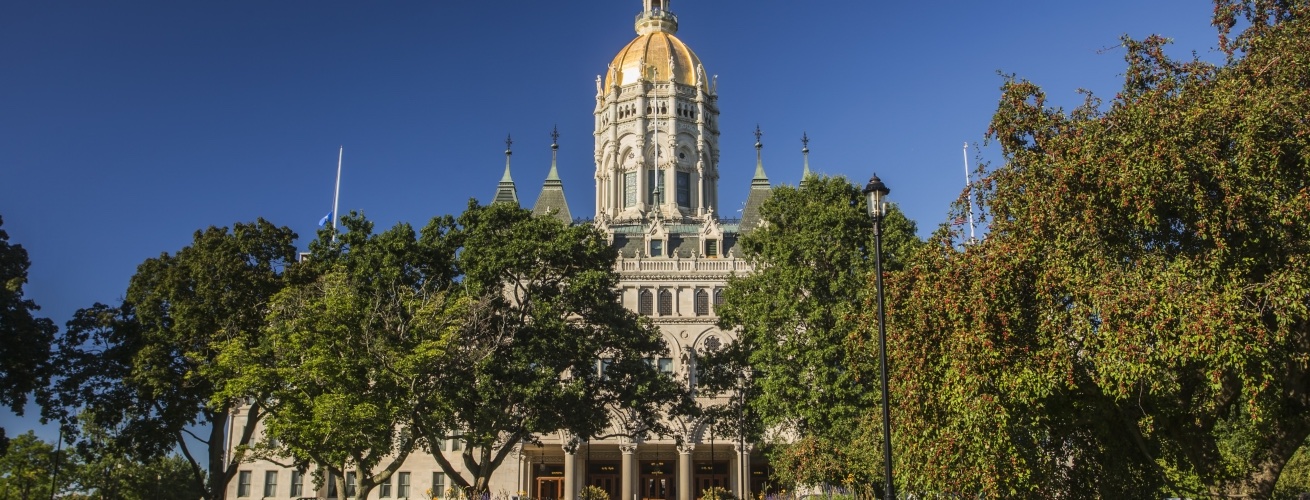/ˈadvəkəsē/
noun:public support for or recommendation of a particular cause or policy.
In a class we teach called Advocacy 101, we lay out our theory of campaigns—moving from goals to strategies to tactics and never skipping steps—with real life examples of how folks and organizations create change at different levels of government; from the state house to their own house. The class is a blast to teach but the discussions that grow out of it are the real reason for doing it. These can be as enlightening for the instructors as they are for the attendees. And in the end, everyone learns something.
In this class we also talk about the meaning of advocacy. Advocacy can be described as many things in many forms, but most importantly it is an act of force. It’s what you do when you want to “make, take, stop or accelerate” something from or within the institutions that govern us. We know that, by design, this kind of power is not dispersed among families and community members. And it is for just that reason we teach these methods. But while the need to teach advocacy is constant, what can’t be a constant is how we actually advocate, both as individuals and as organizations.
If advocacy were Legos, we want advocates to be empowered to build what’s on the outside of the box, or something else entirely if it’s the right fit. The rules that govern the pieces are the same, but when you add imagination and innovation the outcomes are limitless. Some of our fellows are using these tools to build political campaigns. Some of our executive directors are working at the state level on charter funding and assessment strategies. Some of our YouCAN Advocates want to help dads read to their sons while they wait at barbershops. Mashing up books and barbershops was a surprise, but it’s also the kind of surprise we’d like to see more of.
This is timely work and it’s work I am excited to do as the new executive vice president at 50CAN. In this role I’ll be teaching and training advocates across our various lanes (executive directors of state CANs, Education Advocacy fellows, YouCAN Advocates) and working to deepen our movement by recruiting and supporting new advocates in communities across the country. And much like teaching Advocacy 101, it’s likely that I’ll be the one doing most of the learning. I’ll also be continuing my work in New York as NYCAN’s executive director. For me, the best way to understand the challenge advocates face and the conditions in which they operate is to remain one of them, and share what I’ve learned with those who are joining the field.
Right now is a tenuous time not just for education reform, but also for educational progress in this country. A new type and tenor of opposition has emerged and, as a group, we have not met that challenge well. That’s why we’re committed to expanding the bench of advocates who are working for change.
The educational system in our country is failing millions of kids year after year. And that failure is a challenge we have to meet. We’ll need new advocacy, new ideas and new people to surmount it. At 50CAN we bring the Legos. The question for all prospective advocates is, what will you build with them?


